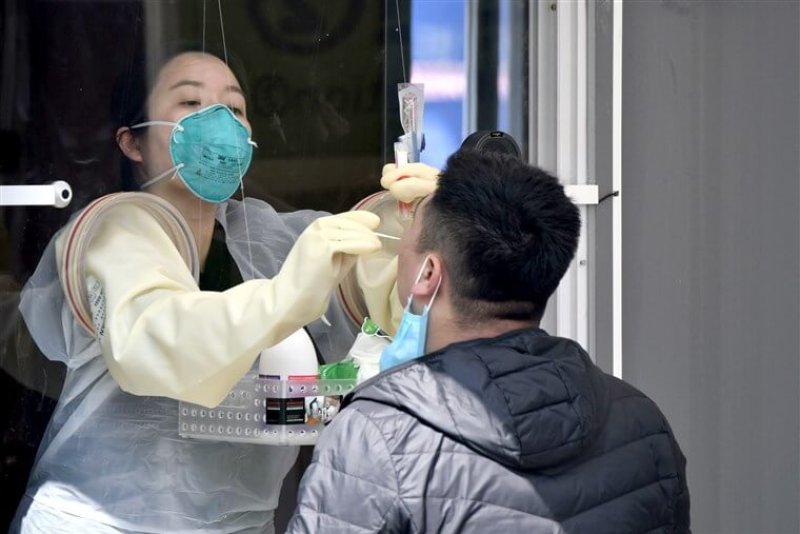Scientists said the wave of South Koreans who tested positive for COVID-19 even after they recovered did not have the virus reactivate after going dormant and that they were not reinfected.
South Korea announced in early April that some patients who had recovered from and tested negative for the virus later tested positive, suggesting that the virus could reactivate or that patients could be reinfected. The country has recorded this happening in 263 patients, The Korea Herald reported.
But the country’s infectious-disease experts said on Thursday [April 30] that the positive test results were likely caused by flaws in the testing process, where the tests picked up remnants of the virus without detecting whether the person was still infected, The Herald reported.
The Herald described the experts as saying that “dead virus fragments” were lingering in patients’ bodies after they recovered and that the virus did not appear to be active in the patients.
…
[M]any experts said it was unlikely that the virus would go dormant and then reactivate in people. Instead, they said, it was more likely that patients’ bodies still had some fragments of the virus. This would mean a person could get a positive test but not be ill or able to infect others.






























